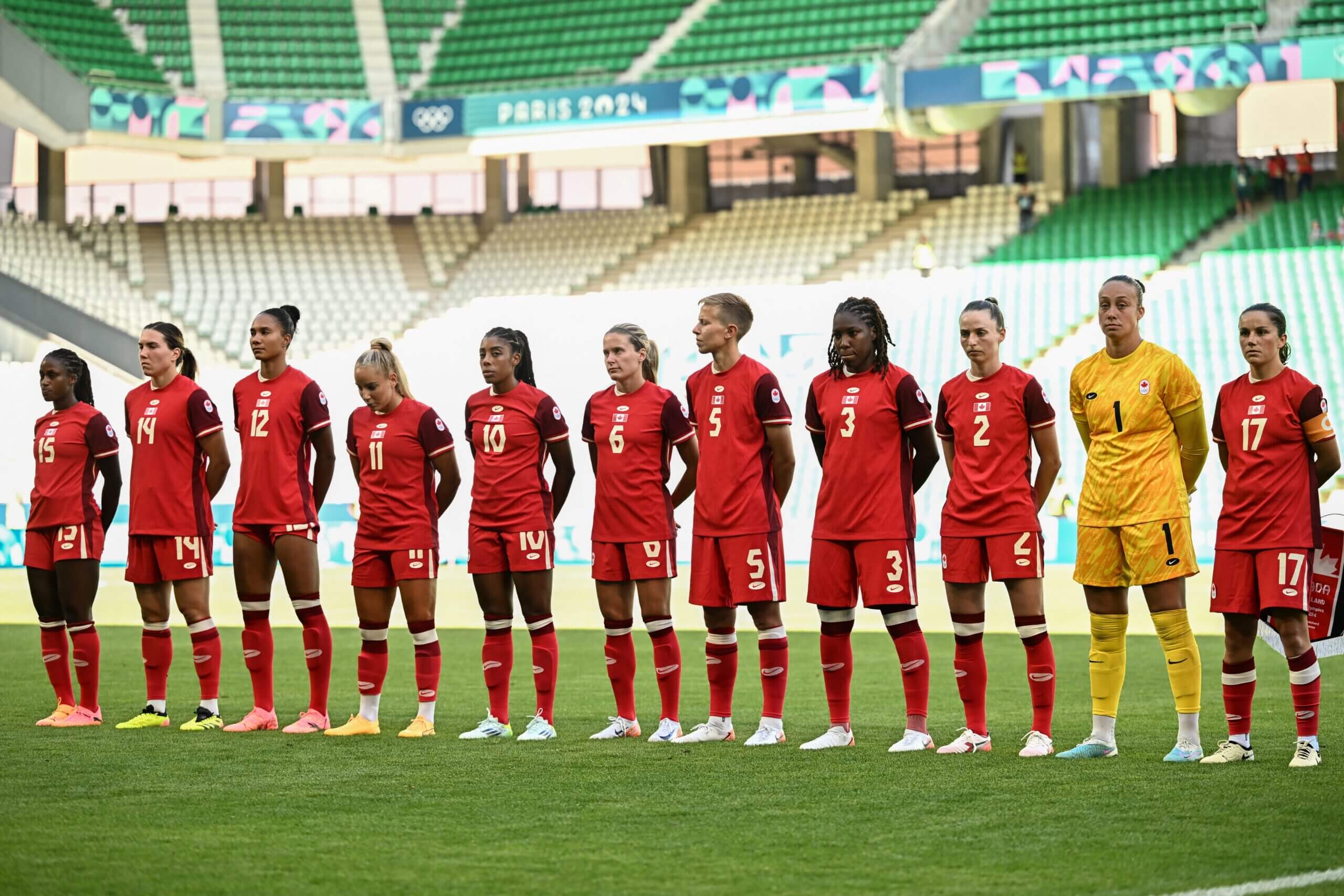
What initially seemed to be an isolated incident of drone espionage by an overzealous staffer at the Paris Olympics has evolved into a far wider spying scandal that risks staining Canada’s reputation in international soccer.
It has now come to light that this week’s revelations may have just been the tip of the iceberg. Canada Soccer CEO Kevin Blue told reporters on Friday that he feared this problem ran much deeper than he initially assumed.
This has many in international soccer wondering: what happens now? Will Canada Women, the reigning gold medalists, be removed from the competition? When did staff start leaning on drones for surveillance? How many people knew?
These are the questions that need answering as the scandal rumbles on.
Was spying systemic within Canadian soccer culture?
That is seeming more likely as each day passes. Blue alluded to this on Friday when he said he feared the incident was not isolated.
“The more I learn about this specific matter, the more concerned I get about a potential long-term, deeply embedded systemic culture of this type of thing occurring, which is obviously completely unacceptable,” Blue said. “I’ve been receiving a lot of anecdotal feedback about the history of the issue as it relates to both programs, as it relates to the current situation on the men’s team.
“I’m aware of an instance of attempted drone usage during Copa America. My current understanding is that the fact pattern of that instance is significantly different than what occurred here, especially as it relates to the potential impact on competitive integrity.”
There have been several reports by various media outlets, most notably Canadian broadcaster TSN, that suggest Canadian staffers have relied heavily on drones and spying for years.
How did Canada get away with this for so long?
That remains a mystery that may only be solved once investigations by football’s world governing body FIFA and Canada Soccer are concluded. While FIFA has not specified how long its investigation will last, any sanctions laid down by the governing body may be indicative of just how vast this systemic issue may have been. Canada Soccer has said the results of its investigation will be made public.
It is important to note, however, that there were previous incidents of drone surveillance that were seemingly shrugged off. In 2021, in Toronto, it was reported by the Honduran press that their national team stopped a training session before a men’s World Cup qualifier against Canada after spotting a drone above the field.
Canada’s coach at the time, John Herdman, said: “I’d imagine there are probably a lot of people in Canada that fly drones. And when a big team like Honduras turn up, I’m sure people are probably interested in what they’re doing when they come into our country.
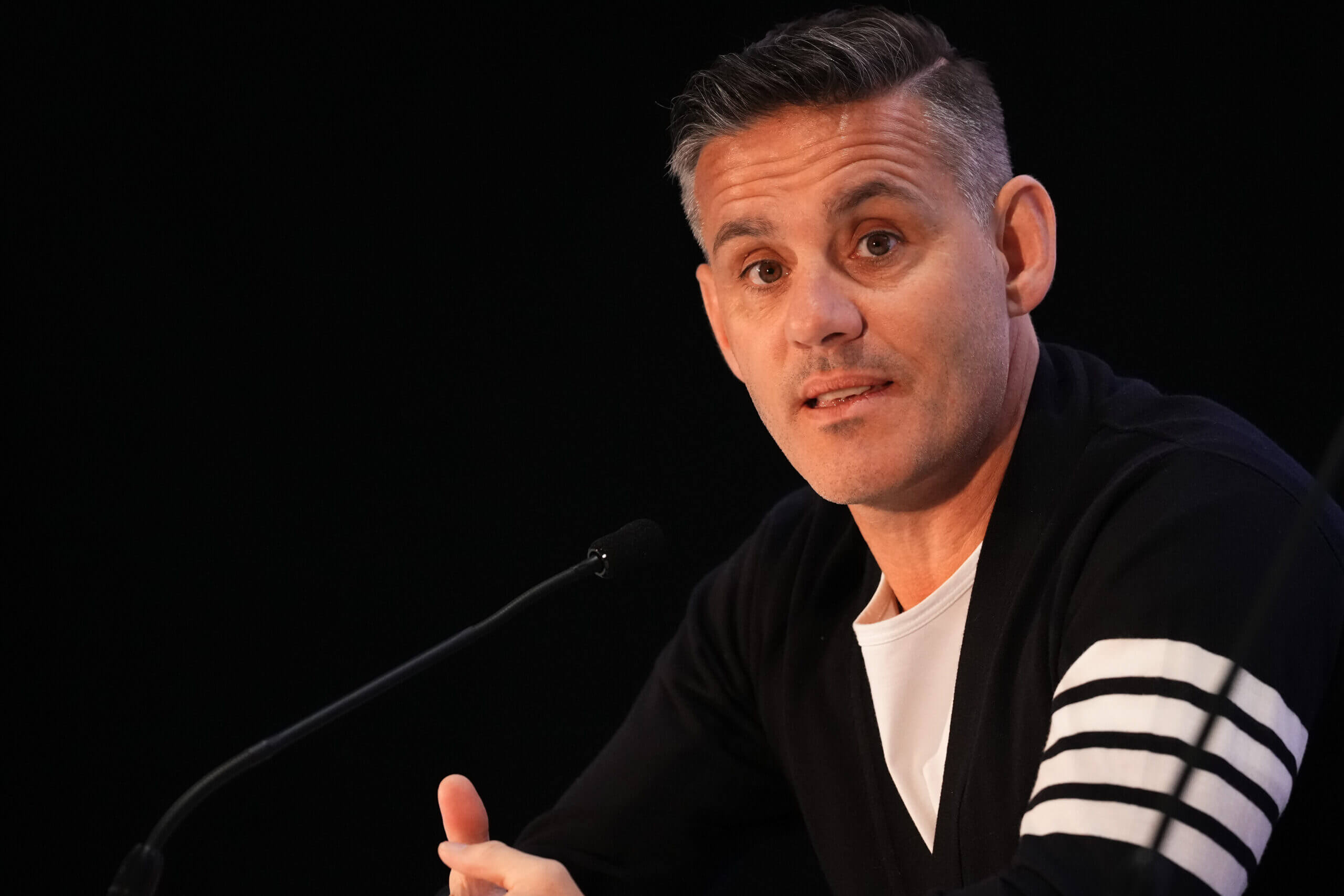
John Herdman, the former Canada head coach, is caught up in the scandal (Rich Storry/Getty Images)
“So I know for sure we won’t be heading into people’s countries too early because with drones these days, people can obviously capture footage. You’ve got to be really careful. So yeah, you got to be careful in CONCACAF. It’s a tricky place.”
That incident seems far less trivial three years later.
How many people knew about this and were the players aware?
It seems this may have been an open secret among coaching staff, as outlined by a bombshell report published on Thursday by TSN. Not long after this report, Canada Soccer made the decision to permanently remove women’s manager Bev Priestman from the tournament.
Players have spoken out in recent days about the spying scandal, unequivocally denying ever seeing any drone footage during their time with the national team.
Canada’s long-time captain Christine Sinclair had a strong rebuke for those questioning whether players knew of the drone usage.
Stephanie Labbe, the starting goalkeeper who won gold alongside Sinclair at the Tokyo Games, rejected any suggestion her goaltending was the product of cheating.
if anyone wants to speak about pks. i studied HARD the night before every match. Watched video of players taking pks in national team and club games. Made my own educated guesses based on that info. NO DRONE FOOTAGE was watched. Do not confuse great goalkeeping with cheating.
— Stephanie Labbé (@stephlabbe1) July 26, 2024
Could Canada’s women’s team be stripped of its 2021 gold medal?
There have been calls for that, largely from supporters and pundits based in countries which lost out to them in Tokyo three years ago.
There is plenty of precedent for individuals losing medals after having been subsequently found guilty of cheating — largely for drugs offences — but there is no suggestion at this stage that Canada will suffer that fate.
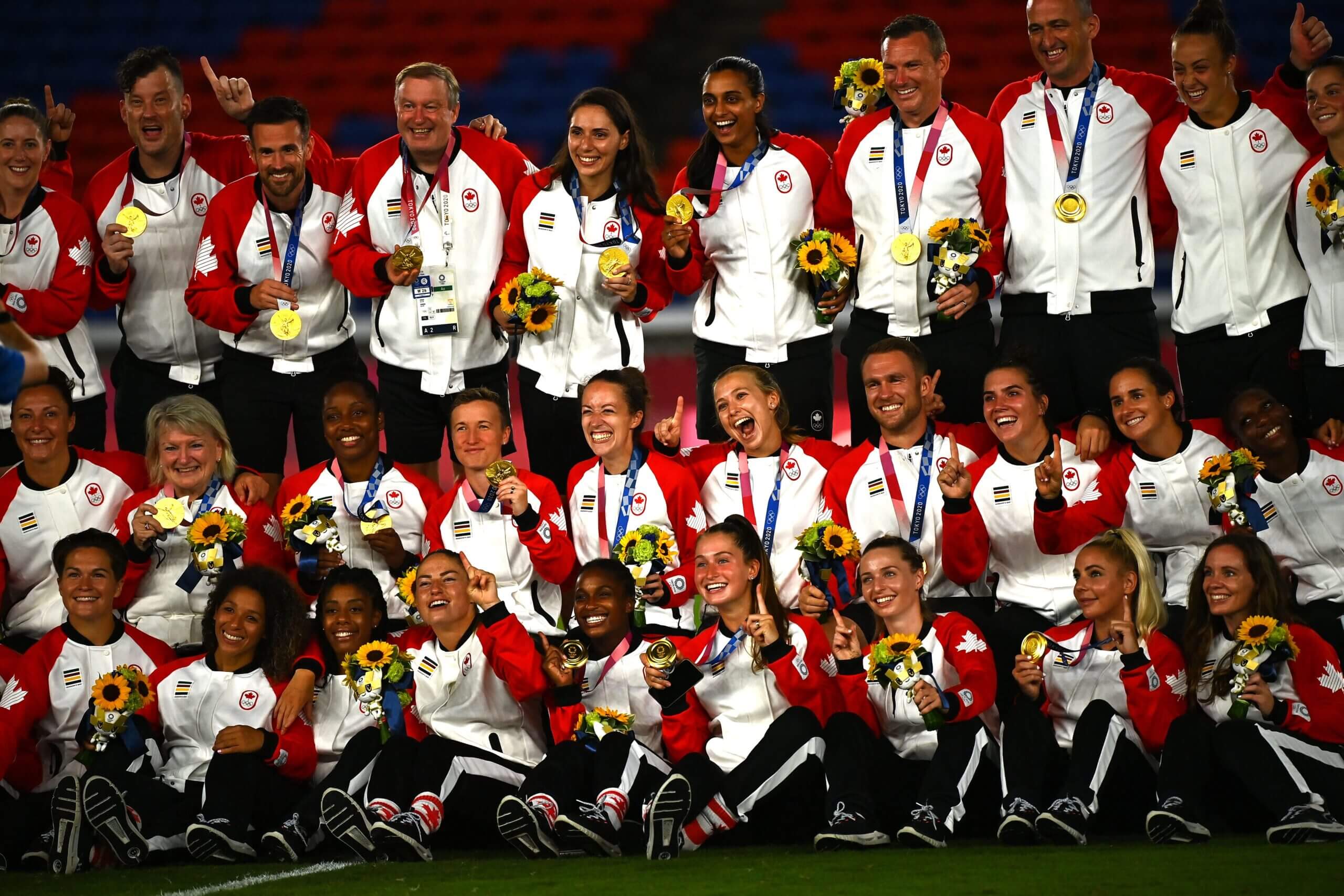
Some have called for Canada to lose their 2021 Olympic gold medal (Loic Venance/AFP via Getty Images)
Could the team and players face any other kinds of sanctions?
There is the potential for financial punishments for Canada, but the biggest question for the women’s soccer team right now is whether their place in the Olympic Games is in jeopardy.
Canadian Olympic Committee CEO David Shoemaker said New Zealand had asked FIFA to not award Canada any points if they were to win their opening match. Canada went on to defeat New Zealand 2-1, but it is unclear if that result, or any of Canada’s past results, could be changed.
Blue insisted on Friday that the players themselves have not been involved in any unethical behavior. “Specifically, we do not feel that a deduction of points in this tournament would be fair to our players, particularly in light of the significant and immediate steps we’ve taken to address the situation,” he said.
Blue also said the organization has taken steps “to ensure that our team would be able to compete in this tournament without any potential questions after the fact about their achievement.”
Today, IOC spokesperson Mark Adams declined to indicate if his body would take further action.
“I can’t add much at this stage. The process is ongoing. Everyone knows the Olympic Games is about fair play,” he said. “That’s what the whole edifice of the Olympic Games is about — bringing the world together in peaceful competition with agreed rules.
“There’s sanctions already been taken. I can’t stray into discussing a particular case.”
What does this mean for Priestman?
There’s a strong possibility Priestman’s days with Canada Soccer may be numbered. The federation has not shared the new details that led to the coach’s removal from the Games, but it is instructive that they have already taken such drastic action.
Officials, like Blue, have stressed that players were not involved in any misconduct by team coaches. Canada Soccer may not want to distract this team even more by firing their head coach outright, so instead a suspension sufficed, for now.
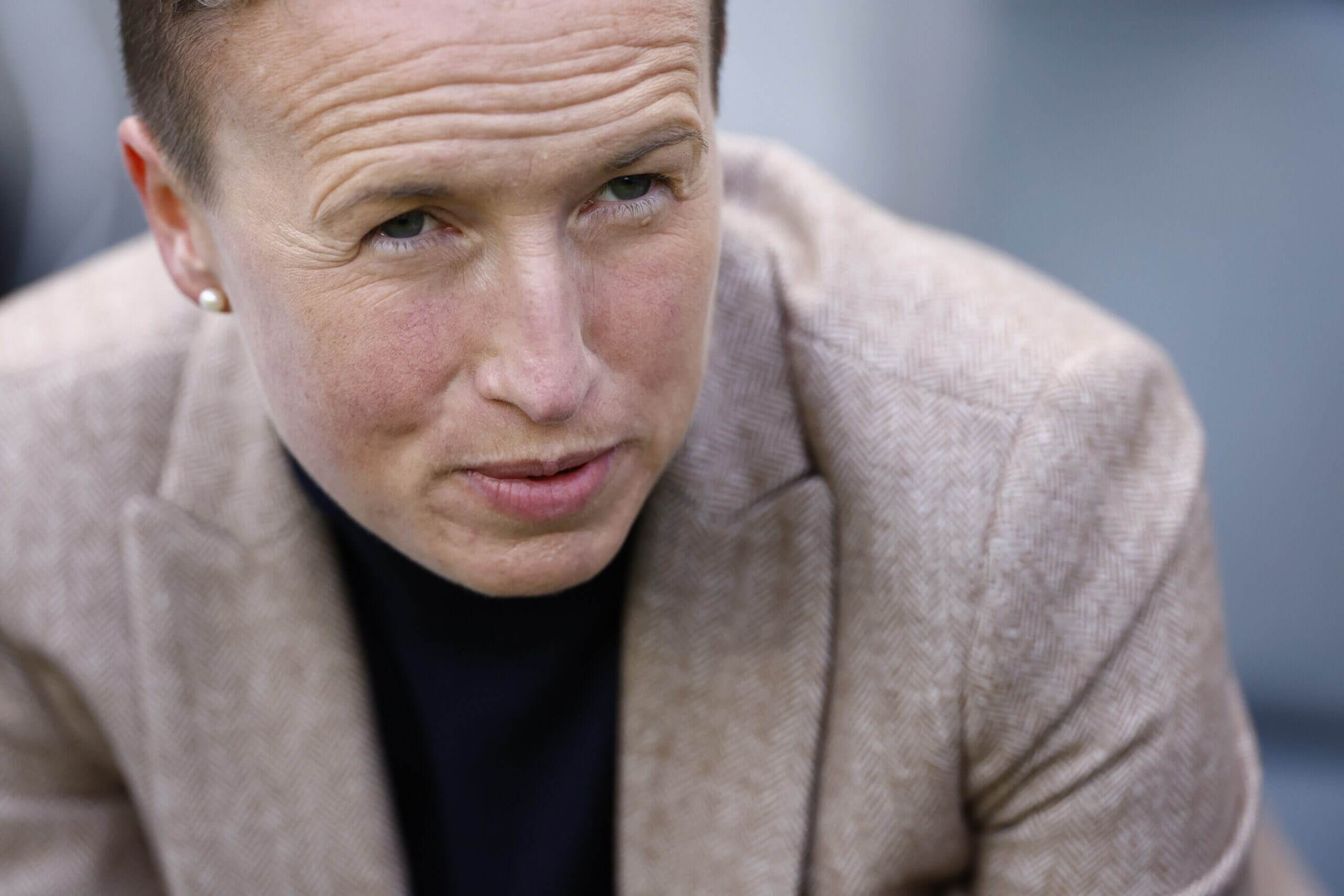
Head coach Priestman was sent home from the Olympics (Ronald Martinez/Getty Images)
What has John Herdman got to do with this?
Herdman has deep ties to Canada Soccer and may have been at the helm of the national teams when drone surveillance was said to have occurred previously. He coached the women’s team from 2011 to 2018, before transitioning to the men’s side that year until 2023. Last year, he left the national team to coach Major League Soccer’s Toronto FC. Herdman also has close ties to Priestman.
During that 2021 incident in Toronto, when the Honduran men’s national team was said to have left a practice due to a drone hovering over their session, Herdman was in charge of Canada’s men’s team.
On Friday, during a press conference ahead of Toronto’s game against the New York Red Bulls in the Leagues Cup, reporters pressed Herdman about the drone incident, asking whether he was complicit in using these tactics while with Canada.
“This is the Olympic Games,” he said. “It’s the biggest event on the planet. It’s a sporting event that has massive integrity and for me, we have to make sure that those things are upheld always. I’ve always gone into Olympic Games, World Cups, big events with integrity in mind and the ability to compete at the highest level following the rules and processes. I’ll help Canada Soccer where I can with that review, but I’m highly confident that in my time as a head coach at an Olympic Games or World Cup, we’ve never been involved in any of those activities.”
How is Jesse Marsch involved in this and will there be implications for the men’s team?
The current head coach for Canada men’s soccer, Jesse Marsch, has also found himself knee-deep in the spying scandal after Blue’s pointed remarks that drone usage was attempted at the Copa America. That tournament was the team’s first under Marsch’s leadership.
Blue backtracked, though, saying “that instance is significantly different than what occurred here (at the Olympics), especially as it relates to the potential impact on competitive integrity.” According to Blue, Marsch found out about this after the match, meaning he did not expect any drone use to have impacted Canada’s historic run in the tournament.
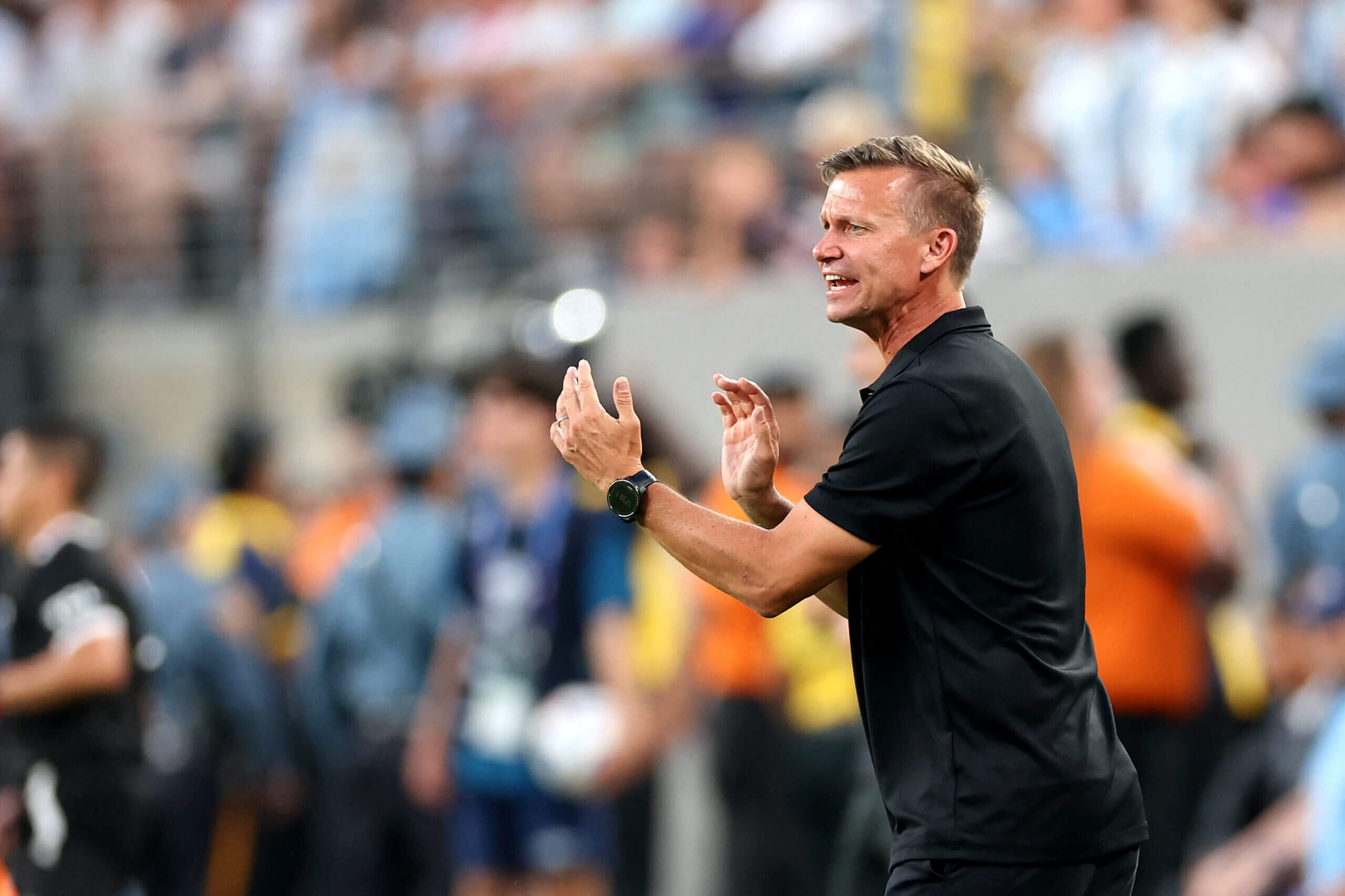
Jesse Marsch told Canadian officials he had no idea about alleged espionage (Charly Triballeau/AFP via Getty Images)
Marsch has not yet publicly addressed the scandal, but Blue said the head coach had “explained to me that he denounced it immediately and forcefully and has communicated that to his staff.”
If there was drone usage by Canada Soccer at the Copa America, or at previous competitions, it’s plausible that other governing bodies within international soccer may soon come forward with complaints of their own, but that has not happened at this stage.
How unusual is this?
Not very. There have been lots of examples of teams attempting to gain an advantage over their rivals. One of the most notorious recent cases involved Leeds United, then in the English Championship, spying on Derby County ahead of a promotion play-off match.
Leeds’ then manager Marcelo Bielsa, now in charge of the Uruguay men’s national team, admitted to the offence, suggesting it was commonplace within the game. Other cases have involved the Chile and Argentina men’s teams, Chelsea and clubs in Germany.
In other sports, spying scandals are just as frequent. The McLaren Formula One team and the New England Patriots have been embroiled in similar rows in recent years, while the New Zealand men’s rugby union team — the most high-profile on the planet — discovered a listening device in their team meeting room before a game against Australia in 2016.
Why is it not considered acceptable to use drones in this way?
FIFA is investigating Canada on the grounds of fair play, meaning that while players may not have been at fault, any drone surveillance would have offered Canada an unfair advantage in the competition.
Drones are also highly regulated by local and federal laws. A drone pilot may need appropriate licensing to operate the unmanned aircraft. Regulations in France, for example, are strict, barring drone operators from flying the aircraft over people. Any images or recordings cannot be shared without a person’s consent.
It is why Joseph Lombardi, Canada’s soccer analyst who was flying the drone at the Olympics, was arrested and received a suspended eight-month sentence.
For all that, it should be remembered that teams regularly use drones to record their own training sessions, with the footage then being dissected by analysts.
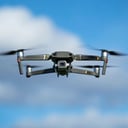
GO DEEPER
Using a drone to spy on another team… what’s the point? Is it really worth the risk?
What have other countries said?
New Zealand Football CEO Andrew Pragnell called for “urgent action” to be taken to “address this integrity breach.”
“To hear now that the Canadian team had filmed secret footage of our team training at least twice is incredibly concerning and if not treated urgently could have wider implications for the integrity of the tournament,” Pragnell said.
“We note that there have been some admissions by the Canadian National Olympic Committee and they have taken their own sanctions against the Canadian team. However, considering the seriousness of the situation and the potential implications to the sporting integrity of the entire tournament, we have referred the matter to the FIFA disciplinary committee, seeking urgent action.”
There is also the question of whether Sweden, who Canada defeated on penalties to win gold at the Tokyo Games in 2021, will call foul if there is any suggestion the spying practice may have been used before the final.
Who would be responsible for handing out sanctions?
FIFA is the world’s governing body, meaning it has the ultimate authority over global soccer. It is likely to work in tandem with CONCACAF, which is the federation that Canada Soccer belongs to.
A decision on what sanctions FIFA could impose could happen quite quickly.
What does this mean for Canada ahead of the 2026 men’s World Cup?
If FIFA’s sanctions against Canada Soccer extend over the next two years, that could, in theory, threaten the country’s standing as a host nation for the 2026 tournament. That, though, is a long way off. Canada has already invested millions in preparing and organizing for the tournament.
(Top photo: Canada’s women’s team at the Olympics; by Arnaud Finistre/AFP)